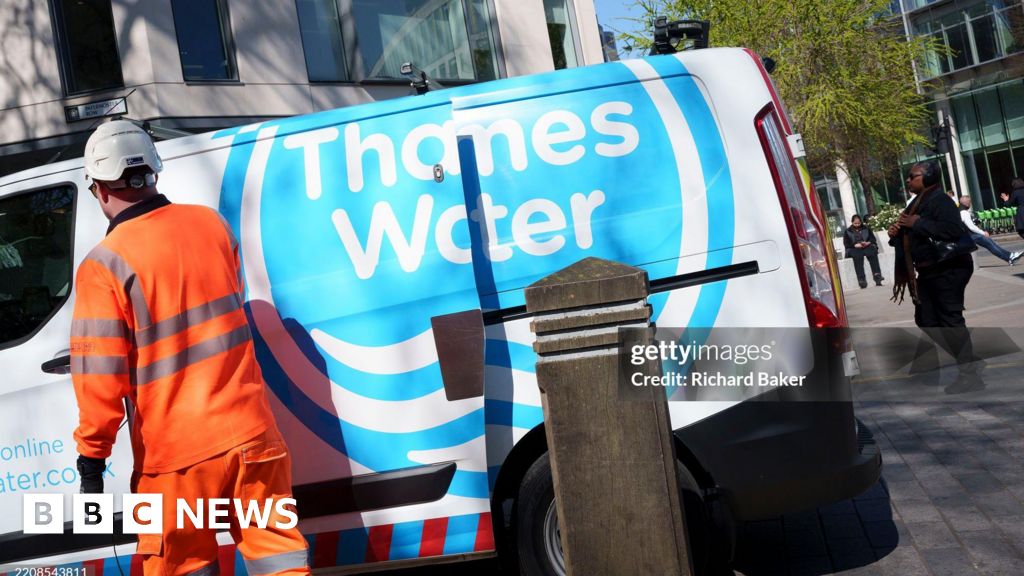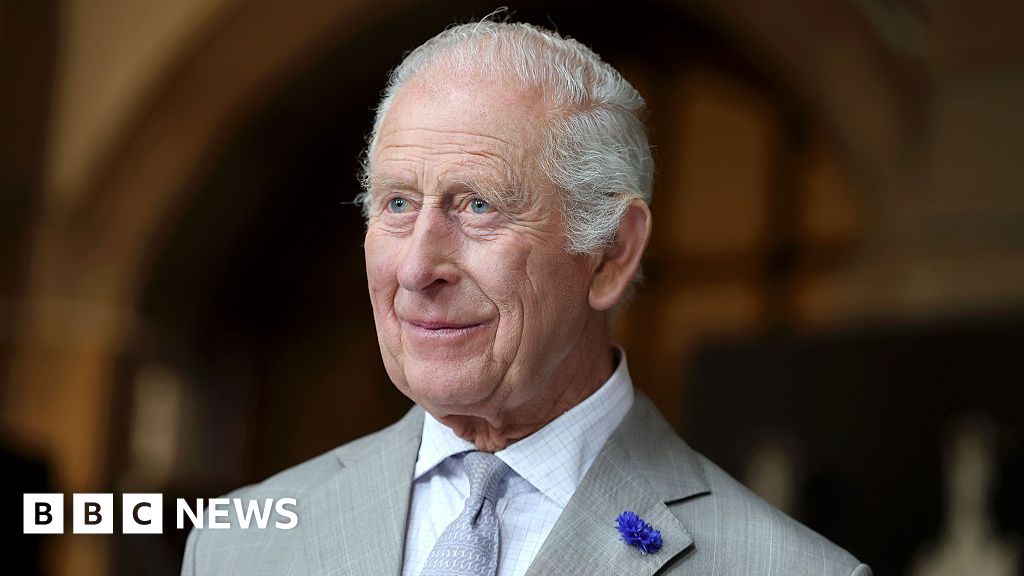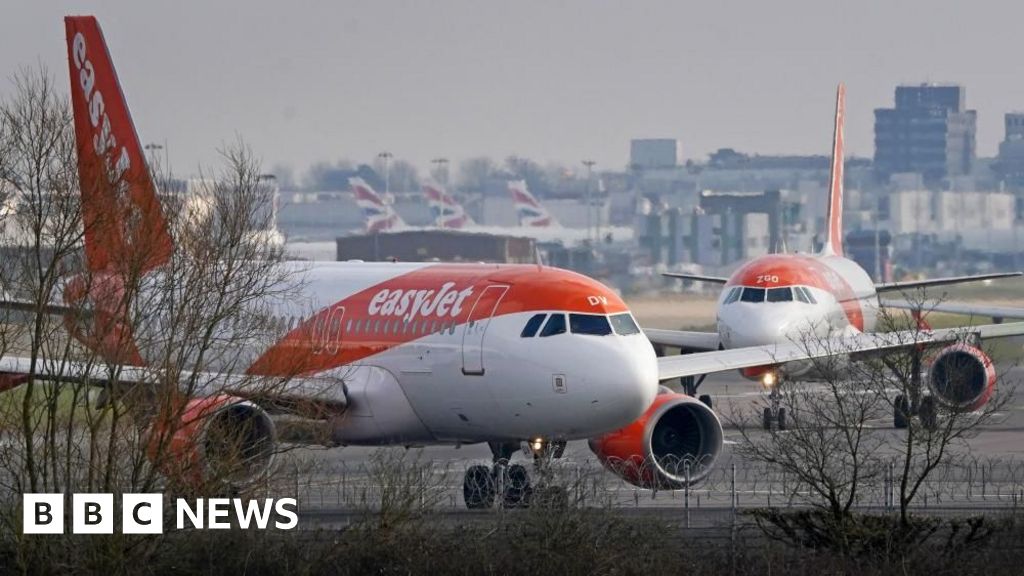ARTICLE AD BOX
EDF Energy boss Philippe Commaret warns without more help households face a tough winter
Half of UK households could find themselves struggling to afford energy bills this winter, an executive from energy supplier EDF has told the BBC.
Philippe Commaret, the firm's managing director for UK customers, said without further government help the country was facing a "catastrophic winter".
Fuel prices are predicted to be nearly four times what they were last winter.
EDF said it was providing additional help and advice to its 100,000 UK customers via an app.
The app would help customers identify ways to save fuel, he said. But he said the government should also consider providing more help.
"All ideas to keep bills for customers flat should be considered," Mr Commaret said.
"Without further support from the government, more than half of UK households will likely be in fuel poverty by January," he said.
A household is considered to be in fuel poverty if it has to spend 10% or more of its disposable income on energy.
"By way of context, I have to mention that we face, despite the support that the government [has] already announced, a dramatic and catastrophic winter for our customer," he said.
The government put in place a package of support in May, including a £400 discount for every household, however it has said no further support will be announced before a new prime minister is in place after 5 September.
Mr Commaret said EDF was putting in place a framework for action to help its customers cut their costs and to ensure they were accessing all the support available. For example, he said UK households could save £60 a year by switching off appliances that were not being used.
Any customers concerned about their bill should contact EDF for further support, he said. EDF, which supplies gas and electricity to UK households, is 84% owned by the French state, but will soon be fully nationalised.
On Friday, the energy price cap - the maximum amount suppliers can charge customers in England, Scotland and Wales for each unit of energy - will be announced. The typical bill for an average household is expected to rise to £3,554 from October.
But bills are likely to rise even further in the spring as the war in Ukraine continues to disrupt energy supplies. On Monday the price of natural gas soared to xx after Russia said it would close down a key pipeline for maintenance work. Experts fear the Nordstream 1 pipeline with delivers Russian gas to Germany may not reopen.
Energy prices have risen sharply because demand for gas increased when Covid restrictions eased, while the war in Ukraine has disrupted supplies from Russia.
But it is not just energy prices that are putting the squeeze on households. Overall, inflation reached 10.1% in July, pushed higher by rising food costs, especially for staples such as bread, milk, pasta and butter.
On Monday another energy boss, Greg Jackson, founder of Octopus Energy, called on the government to double the financial support it is giving to households or freeze the price cap at its current level.
From October, all UK households will start receiving payments providing a £400 discount on their fuel bills, with eight million low-income households set to receive an additional £650.
Plans to enable households to get discounts on electricity bills if they cut use at peak times are set to be announced by the National Grid in the next two weeks.

 2 years ago
53
2 years ago
53








 English (US) ·
English (US) ·